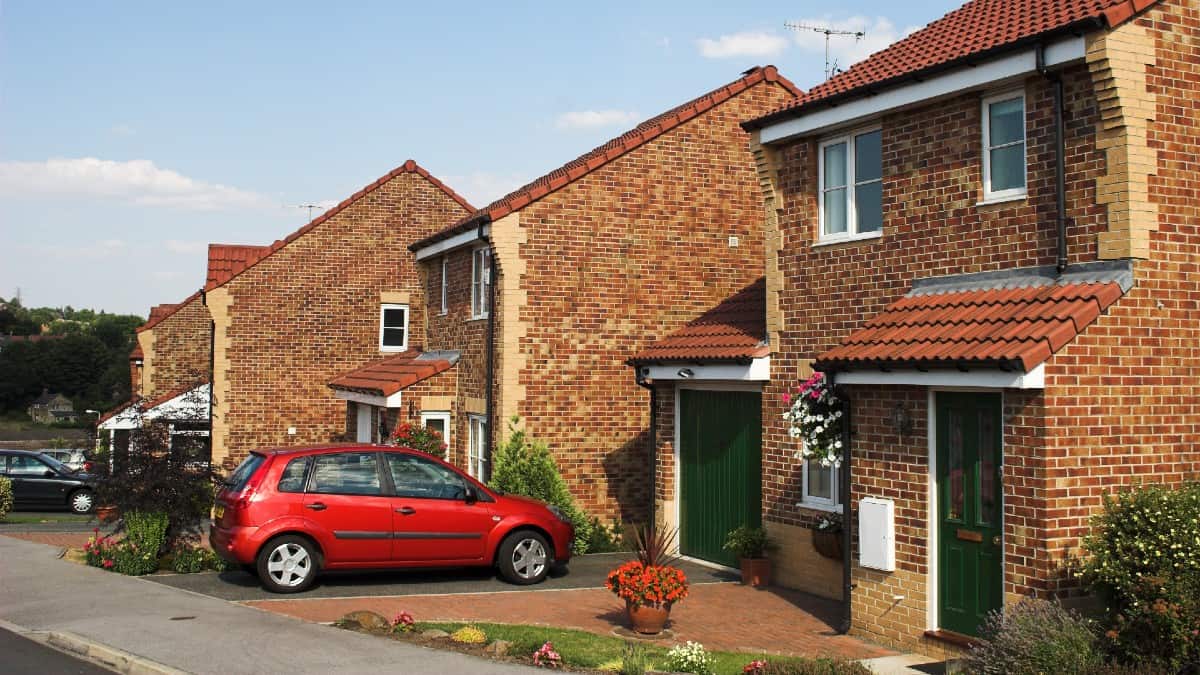
Image source: Getty Images
As the UK adjusts to a change in government following the Labour victory in last week’s general election, I’ve been keeping a close eye on the Taylor Wimpey (LSE: TW.) share price. This FTSE 100 housebuilder has seen its stock climb an impressive 44.4% over the past year, outperforming both its sector and the broader market. So what might the new political landscape mean for the stock’s price?
New plans for housing
The new government has ambitious plans for the UK housing sector. The Labour party has pledged to build 1.5m new homes over five years, with a focus on affordable and social housing. This could potentially be a boon for housebuilders like Taylor Wimpey, driving demand for their services and expertise.
However, it won’t be plain sailing. Labour has also proposed stricter regulations on the housing market, including a potential ban on the sale of new leasehold houses. This could impact the company’s model, as leasehold sales have been a significant revenue stream for many housebuilders.
Strong fundamentals
Despite potential regulatory changes, the fundamentals of the UK housing market remain robust. The country continues to face a significant housing shortage, with demand consistently outstripping supply. This structural imbalance is likely to persist regardless of how the government’s plans progress over the coming years, providing a solid foundation for housebuilders.
The company’s latest financials paint a picture of resilience. With a market cap of £5.2bn and a price-to-earnings (P/E) ratio of 15 times, Taylor Wimpey appears reasonably valued compared to its peers. The company’s strong balance sheet, with a debt-to-equity ratio of just 1.9%, gives it plenty of financial flexibility to navigate potential market changes.
One of the most attractive features of Taylor Wimpey for income-focused investors is its generous dividend yield, currently standing at 6.62%. While this yield is certainly eye-catching, it’s worth noting that it’s not well covered by earnings or cash flows.
Uncertainty ahead
It’s important to acknowledge the risks facing Taylor Wimpey and the wider housebuilding sector. The company’s profit margins have declined from 14.6% to 9.9% over the past year, reflecting the challenging economic environment and rising costs.
As many investors will know, the housing market is cyclical and sensitive to economic conditions. With the UK facing ongoing economic uncertainty, there’s always the risk of a downturn that could impact demand for new homes.
So as we digest the results of the election, it feels like a Labour government will bring both opportunities and challenges for the business. While increased investment in housing could drive growth, stricter regulations and potential changes to planning laws could also squeeze margins and increase costs.
Experience
However, in a competitive sector, Taylor Wimpey’s strong market position, healthy balance sheet, and experience navigating different political landscapes should stand it in good stead. The company has weathered numerous economic and political storms in its nearly 90-year history.
I’m intrigued by the potential here in the face of political change. The company’s solid fundamentals, attractive dividend, and potential to benefit from increased housing investment make it a stock worth watching.
For now, I’m keeping Taylor Wimpey on my watchlist. As the political landscape evolves and Labour’s specific policies are put into action, I’ll be closely monitoring how the firm adapts and positions itself for the future.













